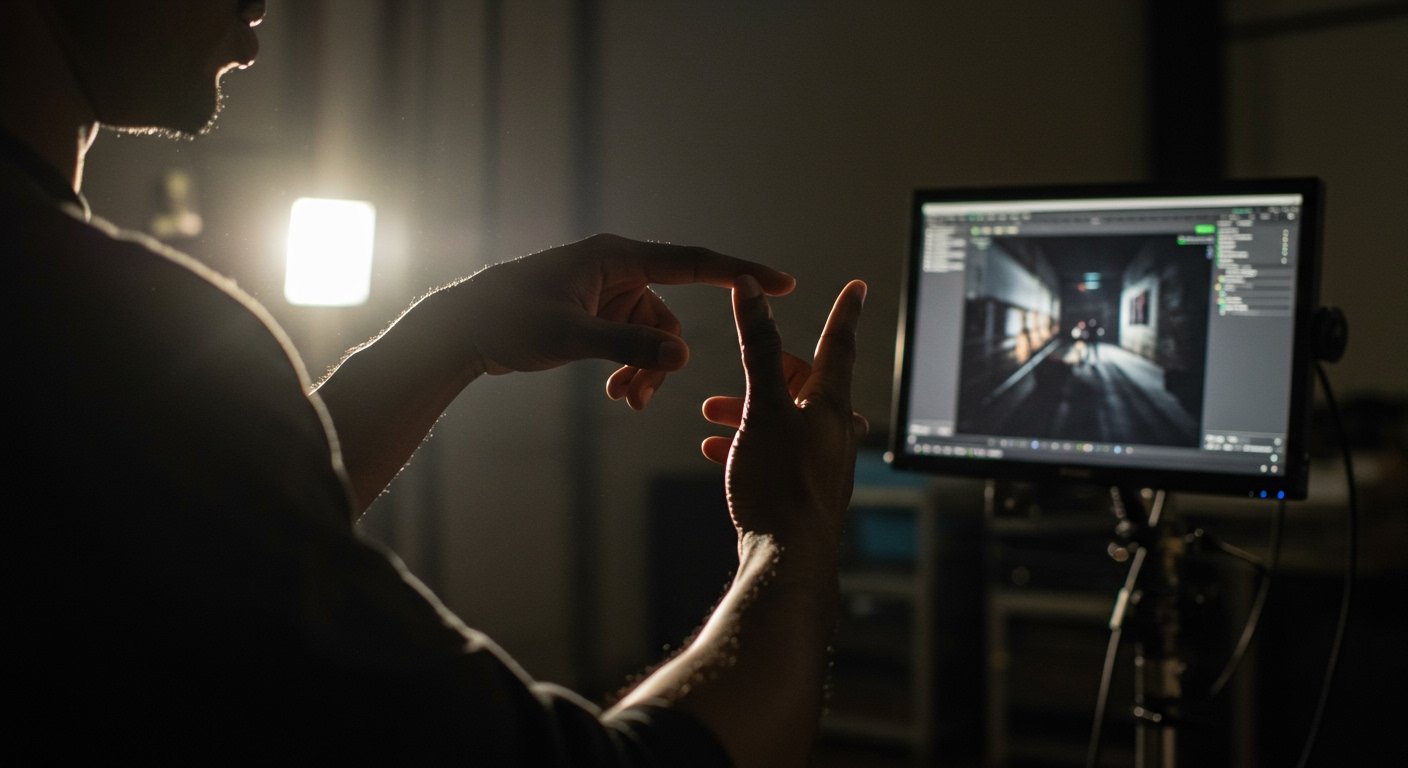Pioneering Accessibility: BASL Interpretation for ‘Sinners’
In a significant move for cultural representation and accessibility in entertainment, a Texas native, identified as Smith, has played a pivotal role in bringing Black American Sign Language (BASL) to the acclaimed film “Sinners,” now streaming on Max. Smith served as the dedicated BASL interpreter for the streaming release, a project that highlights the vital importance of recognizing and preserving distinct linguistic identities within the Deaf community.
This initiative underscores a growing recognition of the need for content that authentically reflects and serves diverse audiences, particularly the Black Deaf community, whose unique language and cultural experiences have historically been marginalized or overlooked. The inclusion of BASL for “Sinners” marks a notable step towards greater inclusivity on major streaming platforms.
Understanding Black American Sign Language
Black American Sign Language (BASL) is not merely a dialect or variation of American Sign Language (ASL); it is a distinct language with its own unique grammatical structures, vocabulary, expressions, and rich cultural ties deeply rooted in the history and experiences of the Black Deaf community in the United States. BASL developed in segregated schools for the Deaf across the South, creating linguistic variations that persisted and evolved over generations.
Smith emphasized the unique nature of BASL, stating that its inclusion in projects like “Sinners” is crucial for honoring this often-erased culture. Unlike ASL, which has been more widely standardized and documented, BASL reflects the specific cultural nuances, communication styles, and historical context of its users. Providing interpretation in BASL ensures that the film’s narrative and themes are fully accessible and culturally relevant to Black Deaf viewers, allowing for a deeper and more authentic connection to the content.
The ‘Sinners’ Project: From Screen to Stream
“Sinners” is an acclaimed vampire action movie that first premiered in theaters in April 2025. The film garnered attention for its compelling narrative and its exploration of complex themes, including music, cultural appropriation, and religion. Its release on the Max streaming platform expands its reach to a global audience, making the need for comprehensive accessibility even more critical.
Smith’s work focused specifically on creating the BASL interpretation for this streaming release. This involved a detailed process of analyzing the film’s dialogue, action, and emotional beats to translate them accurately and culturally appropriately into BASL. The goal was to ensure that Black Deaf viewers could experience the movie’s full impact, understanding not just the plot but also the subtext and cultural references embedded within the storytelling.
Collaboration and Cultural Authenticity
The success of the BASL interpretation for “Sinners” was significantly aided by collaboration with other experts in the field. Smith worked alongside Rosa Lee Timm, a renowned performance artist and the film’s Director of Artistic Sign Language. Timm’s extensive experience and deep understanding of visual storytelling and various forms of sign language were invaluable to the project.
Their collaborative process focused intensely on ensuring cultural authenticity. This involved careful consideration of how specific concepts, idioms, and emotional nuances within the film would be conveyed naturally and effectively in BASL. Translating complex themes like cultural appropriation or religious concepts requires more than just literal word-for-sign conversion; it demands a deep cultural fluency and understanding of how these ideas are expressed within the BASL linguistic framework. The partnership between Smith and Timm was instrumental in achieving this level of authentic representation.
A Milestone Debut
For Smith, the “Sinners” project represents a significant professional milestone. While the Texas native had previously worked on interpreting for content on the Netflix platform and for various short clips, this marked their debut interpreting for a full-length feature film. The scale and complexity of a feature film required sustained focus, cultural expertise, and technical precision over the movie’s entire runtime.
This transition from shorter formats to a feature film demonstrates Smith’s growing expertise and the increasing demand for skilled interpreters capable of working on large-scale media projects. Their successful interpretation of “Sinners” establishes a precedent for future accessibility efforts in the film industry, particularly concerning nuanced linguistic varieties like BASL.
Positive Reception and Future Implications
The integration of BASL interpretation for the streaming release of “Sinners” has been met with significant positive feedback from viewers and advocates within the Deaf and hard-of-hearing communities. The response highlights the profound impact that culturally specific accessibility can have, moving beyond generic captions or ASL interpretation to address the needs of distinct linguistic groups.
Viewers have particularly praised the inclusivity demonstrated by Max and the film’s producers in recognizing and commissioning BASL interpretation. This positive reception serves as a powerful testament to the demand for such services and can encourage other streaming platforms and content creators to adopt similar practices. The project sets a positive example for how the entertainment industry can strive for greater equity and representation by embracing linguistic diversity and ensuring that culturally specific language forms are given the recognition and platform they deserve.
The work on “Sinners” by Smith and collaborators like Rosa Lee Timm is more than just providing access; it is an act of cultural affirmation, bringing a vital and distinct language to a wider audience and ensuring that the Black Deaf community can fully participate in and enjoy mainstream media.




